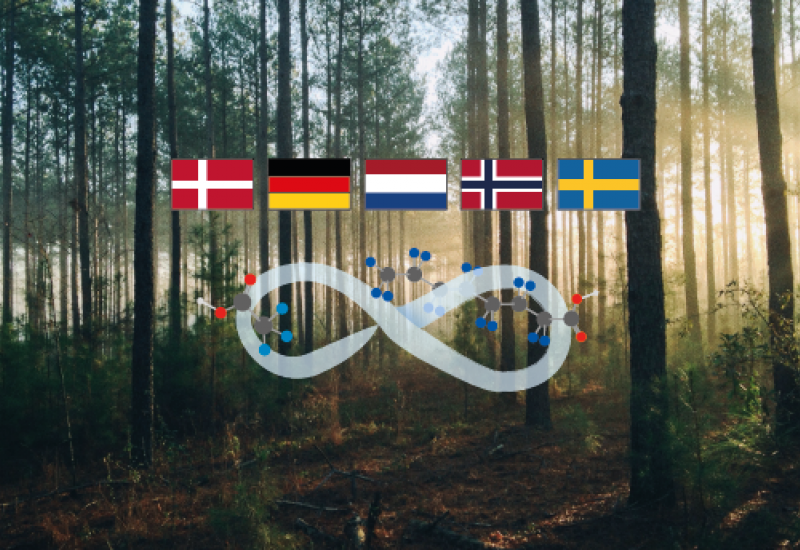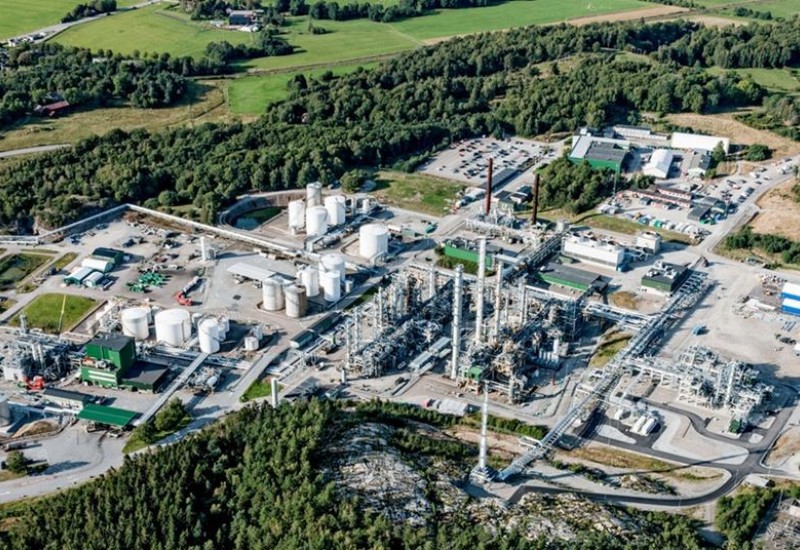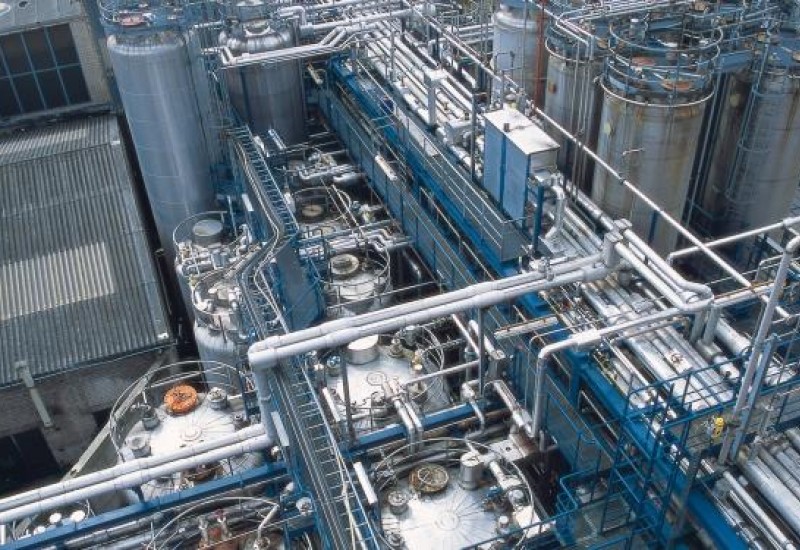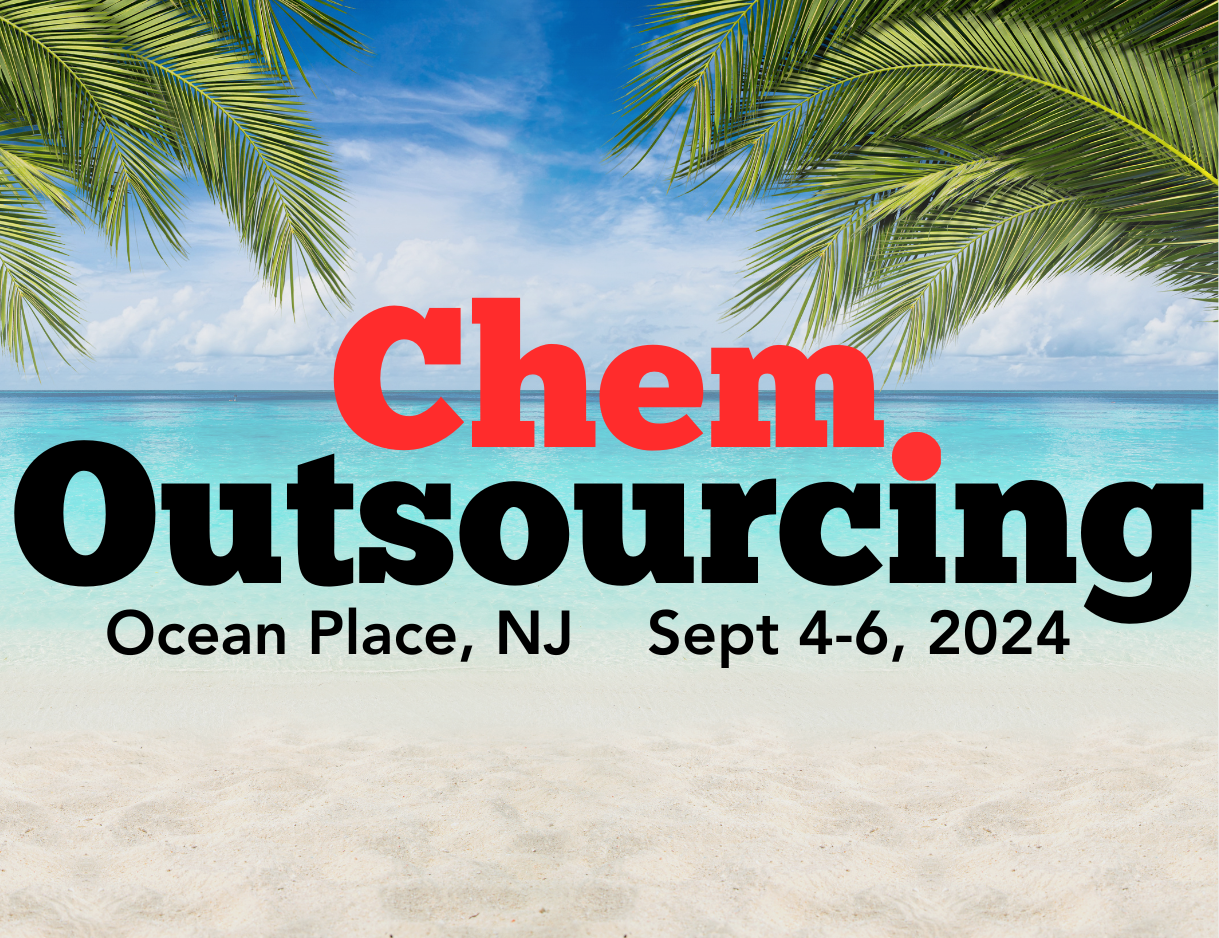Lanxess develops carbon calculation tool
Lanxess has announced the development of the Product Carbon Footprint Engine, which takes data from its various business units and automatically calculates cradle-to-gate greenhouse gas emissions for their products. This includes production, product-specific emissions related to raw materials, energy, operating materials, and transport and emissions from waste disposal.














